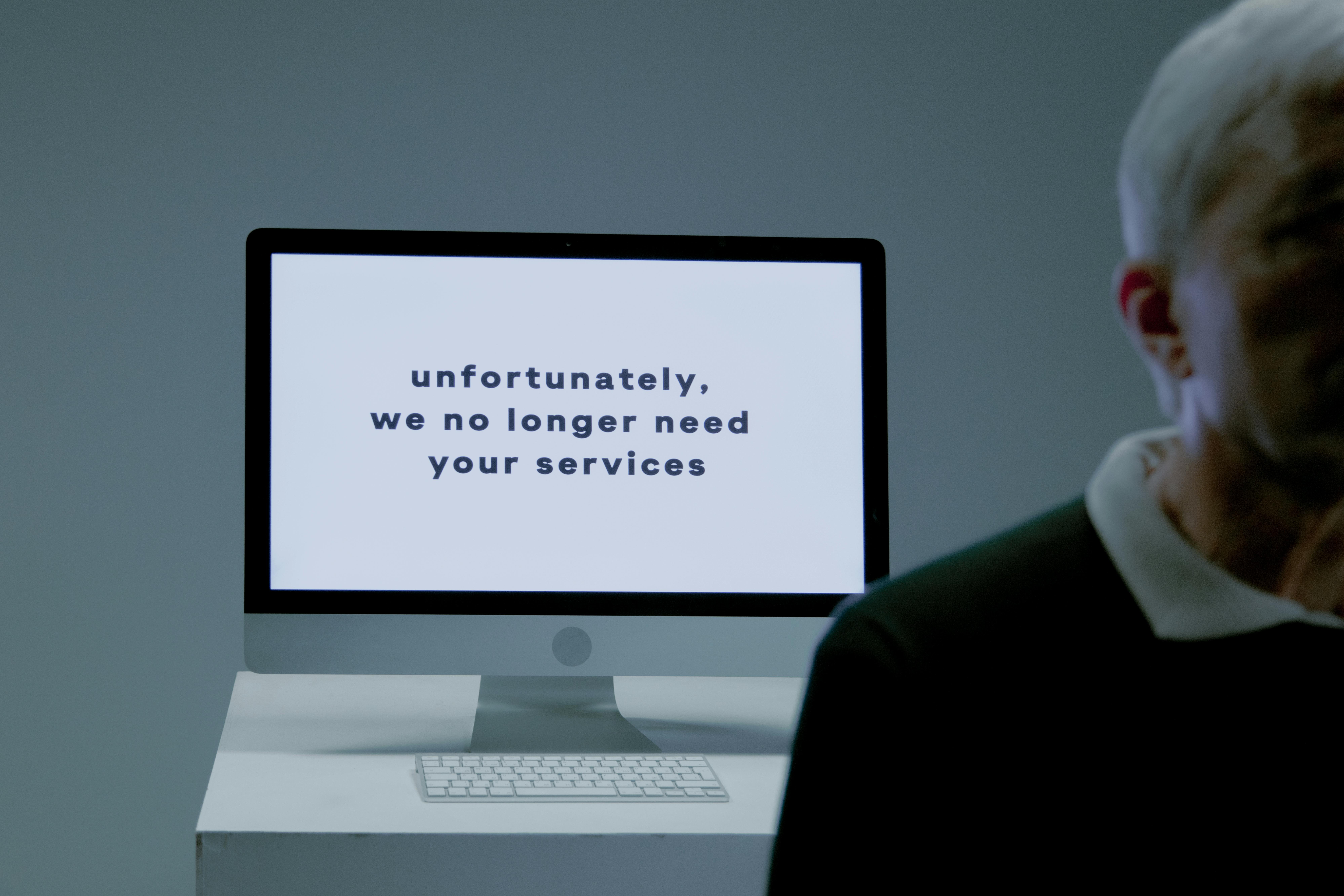The CIPD’s health and wellbeing at work survey 2023 reported that employee absence in 2023 was at its highest rate since 2010 with employees absent on average for 7.8 days per year, which equates to 3.4% of working time lost. The survey also found that the three main causes of short term absence were minor illnesses (eg cold, upset stomach, headache), musculoskeletal issues (eg muscle strains, back pain) and mental ill health. It is crucial therefore that employers take steps to put in place effective measures to help them to manage short term absence.
Record
This may seem obvious but if you don’t hold any records relating to sickness absence then you are not going to be able to manage it in any way, shape or form and therefore getting this simple step right is essential. When a member of staff is absent it’s fundamental to effective absence management to record this information. Employers should record the dates of the absence and the reasons why staff are absent as a minimum. Regardless of the length of absence, or reason for absence it is always advisable to carry out a return to work meeting with a member of staff when they come back in. The return to work meeting is not punitive and should not be seen by employees as something to be concerned about, unless of course the reason for their absence was not genuine. The return to work meeting is an opportunity to talk to the employee who is returning from absence and to explore the reason for absence in more detail. Was it due to maternity or disability, was it related to a workplace accident, is there an underlying health condition, is the employee actually well enough to be back in work and has the employee been to their GP and been prescribed any medication? These are all extremely useful pieces of information that will help employers to build up a picture of the employee’s health and wellbeing and enable them to provide relevant support. Ultimately, if short term absence is persistent you may end up in an absence related disciplinary situation and having complete records which document an employee’s absence are valuable evidence. In such instances some staff may try to dispute their absence records, including dates and reasons. By logging absence information though you are creating a record which is irrefutable.
Monitor & Report
Whilst recording absence information is a great starting point, holding lots of information on its own isn’t going to help your business to effectively manage short term absence and so it is important to use your absence data correctly. If you use an HR software system you can run regular reports on staff absence to help to identify any trends or patterns of absence. If your absence policy has triggers around the number of days or occasions of absence in a rolling 12 month period then using these reports to monitor absence is a great way to highlight where issues are occurring. Even if you just record employee absences in a spreadsheet you have sufficient data and can generate charts to tell you the same thing. Your absence monitoring may highlight that there are individuals who are giving you concern but if there is a lot of absence in a specific team or area of your business this could also be symptomatic of staff feeling excessive pressure due to high volumes of work, it could be that the team is understaffed or that perhaps there are issues in how the team is managed or the particular culture in the team. Assessing data helps you to start to get under the skin of issues and then put in place plans to resolve them.
Resolve
If you ensure that your business records and reports on staff absence then you will be in a great position to be able to resolve any problems, it might even be that you can take preventative measures to stop short term absence in the first place. Make sure that your company has a clear framework in the form of an absence policy which staff have all seen and understood. By doing so you will have a fair, consistent and effective approach to absence management and if that approach is then followed through on that is likely to deter any staff from taking absence which may not be genuine. Resolving absence issues is never a one size fits all strategy as everyone is different but there are some common ways to resolve and prevent absences. Your workplace culture is important and whilst you might not put it at the top of your list it really can have an impact on absence, as pointed out by the Health Service Journal, “cultures that allow long working hours, conflicting work demands, a poor work-life balance and poor working practices result in increased sickness absence, along with low effectiveness and productivity”. If this sounds like your business then take steps to change things. Employers who are able to be flexible and in some cases able to make adjustments for staff due to their health conditions will also see lower absence rates. Training managers or colleagues to be able to support staff, for example having mental health first aiders, will again positively impact on absence and help to keep staff in work. Risk and stress assessments are also vital as they are proactive measures to minimise the risk of absence due to accidents or injuries at work and where possible reduce stress in the workplace. Given that mental ill health and musculoskeletal issues are two of the three main reasons for short term absence, getting this right will definitely be beneficial.
Dealing with short term absence is never easy and it is impossible to eradicate it completely but by taking steps to positively manage it you are heading in the right direction.
Do you have any questions about todays blog, need help in becoming legally compliant with contracts/policies or can we support you in taking away any people pains to give you peace of mind?
If you answered yes to any of the above, just give us a call at CUBE HR on 01282 678321, or book in a FREE 30 Minute HR Health Check here FREE HR Health Check and we’ll happily give your business a full HR overview with our personal recommendations absolutely FREE!
Why not also check out our blog on a similar topic Absence Management – 3 Reasons You Should Do It
We also have a YouTube channel with loads of handy videos outlining various HR related scenarios.




